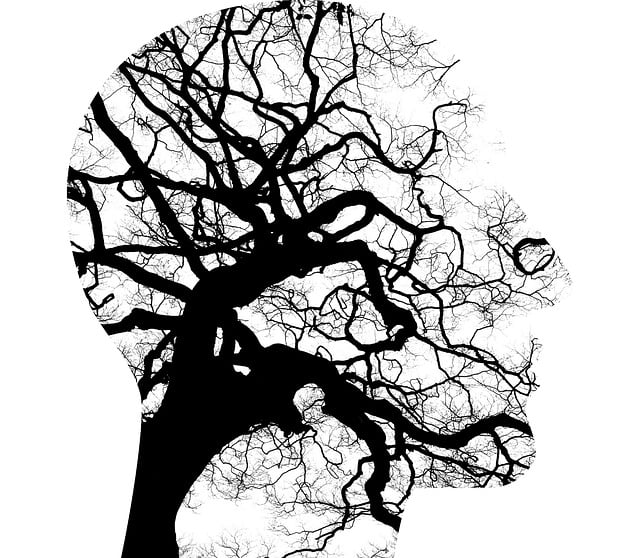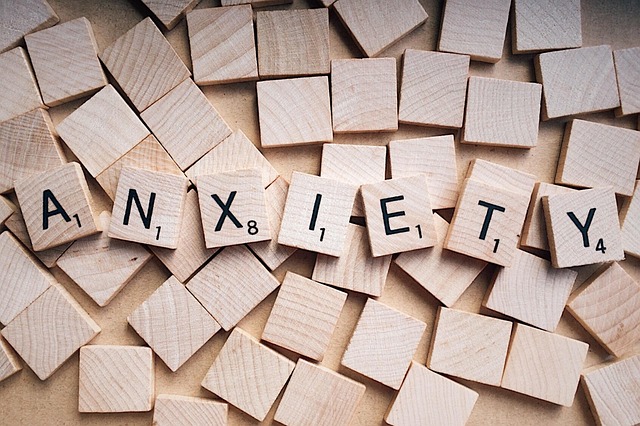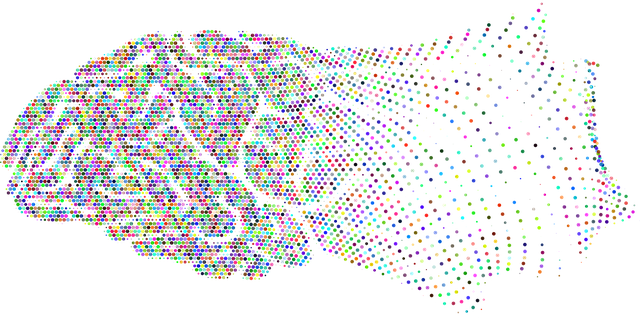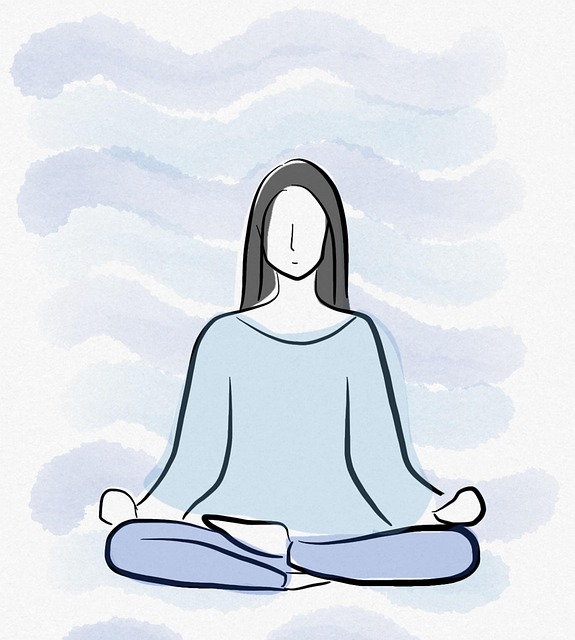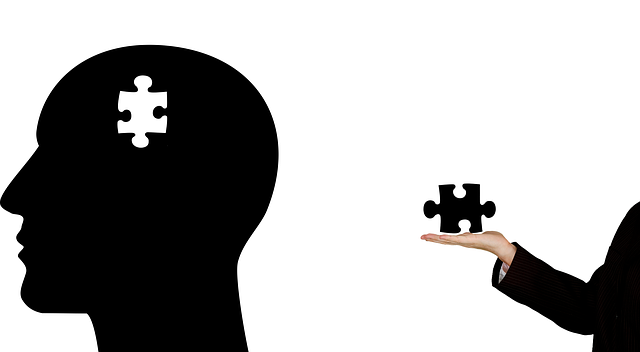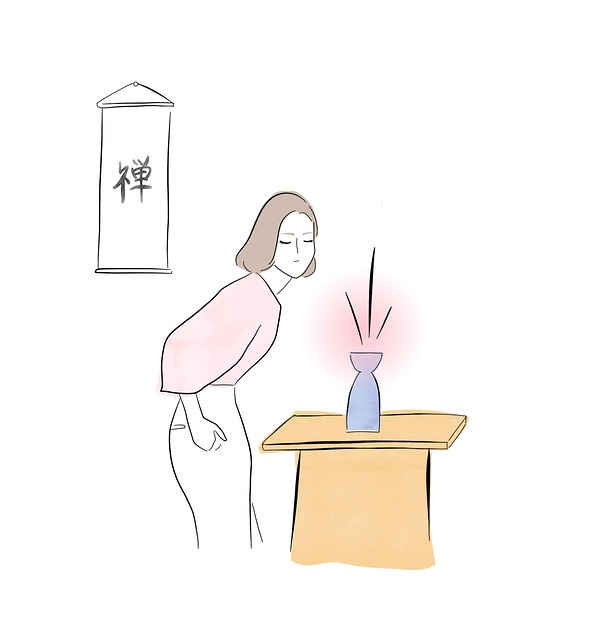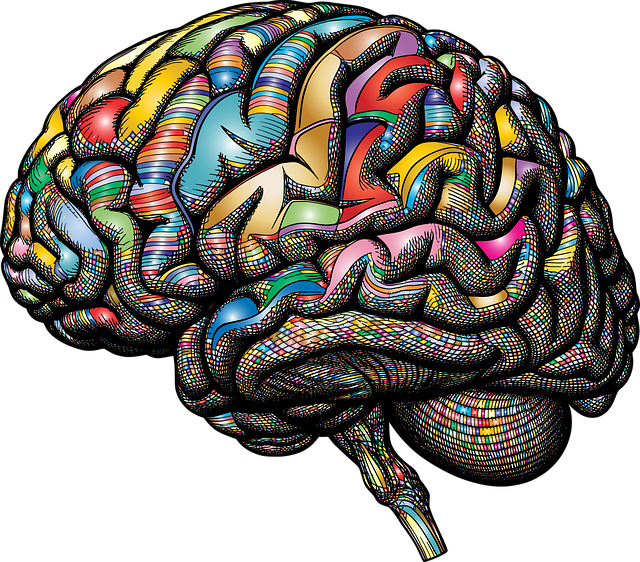Castle Rock Adjustment Disorder (CRAD) is a severe emotional condition requiring specialized therapy, focusing on Crisis Intervention Guidance, Stress Reduction Methods, and Cognitive Behavioral Therapy (CBT). CBT empowers individuals to manage emotions by identifying and changing negative thought patterns. Mindfulness and meditation promote emotional balance and resilience. Lifestyle adjustments like balanced diets and exercise support mood stability alongside traditional therapy. Social support from a strong network enhances emotional regulation and self-esteem, crucial for CRAD management. Effective Castle Rock Adjustment Disorder therapy combines these approaches for optimal support and improved daily functioning.
Mood regulation is a vital skill in managing our emotional well-being. This comprehensive guide explores various strategies to help individuals navigate and stabilize their moods, especially those dealing with Castle Rock Adjustment Disorder (CRAD). From cognitive behavioral therapy (CBT) for strategic emotion management to mindfulness practices and lifestyle adjustments, we delve into evidence-based approaches. Additionally, we highlight the significance of social support in building a robust emotional foundation, offering valuable insights for CRAD therapy and overall mental health improvement.
- Understanding Mood Regulation: Unraveling Castle Rock Adjustment Disorder
- Cognitive Behavioral Therapy (CBT): A Strategic Approach to Emotion Management
- Mindfulness and Meditation: Training the Mind for Emotional Balance
- Lifestyle Adjustments: From Diet to Exercise, Impacts on Mood Stability
- Social Support and Connection: Building a Strong Emotional Foundation
Understanding Mood Regulation: Unraveling Castle Rock Adjustment Disorder

Understanding Mood Regulation: Unraveling Castle Rock Adjustment Disorder
Mood regulation is a complex process that involves managing and stabilizing emotions to achieve emotional balance. When individuals struggle with persistent difficulties in adjusting to life’s demands, conditions like Castle Rock Adjustment Disorder (CRAD) may emerge. CRAD, characterized by severe and prolonged adjustment problems following significant stressors, can significantly impact an individual’s daily functioning. Recognizing the signs and seeking appropriate support, such as therapy, is crucial for effective management.
Therapy plays a pivotal role in addressing CRAD, offering various evidence-based approaches like Crisis Intervention Guidance to help individuals cope with acute distress. Additionally, mental health professionals can incorporate Stress Reduction Methods to equip clients with tools for managing overwhelming emotions. Furthermore, Risk Management Planning is essential to ensure the safety and well-being of both the individual and those around them during periods of heightened crisis.
Cognitive Behavioral Therapy (CBT): A Strategic Approach to Emotion Management

Cognitive Behavioral Therapy (CBT) is a strategic approach to emotion management that has proven effective for many individuals struggling with mood regulation issues, including those with Castle Rock Adjustment Disorder. This therapy type focuses on identifying and changing negative thought patterns and behaviors that contribute to emotional distress. By understanding the connection between thoughts, feelings, and actions, CBT empowers individuals to gain control over their emotions and improve overall well-being.
Through structured sessions with a qualified healthcare provider, CBT teaches valuable coping strategies for managing stress, anxiety, and depression. Cultural sensitivity in mental healthcare practice and healthcare provider cultural competency training are essential components that ensure the approach is tailored to each individual’s unique background and needs. This personalized aspect of CBT enhances emotional regulation by addressing potential cultural barriers and promoting a safe, supportive therapeutic environment.
Mindfulness and Meditation: Training the Mind for Emotional Balance

Mindfulness and meditation have emerged as powerful tools in the realm of mood regulation strategies, offering individuals a way to gain emotional balance and manage Castle Rock Adjustment Disorder symptoms. This ancient practice involves training the mind to focus on the present moment, cultivating awareness of thoughts and emotions without judgment. By regularly engaging in mindfulness exercises, individuals can enhance their ability to recognize and accept their feelings, leading to improved emotional resilience.
In Burnout Prevention Strategies for Healthcare Providers, meditation has proven effective in reducing stress levels and promoting mental well-being. Stress Reduction Methods such as mindfulness can help healthcare professionals manage the demands of their occupations by fostering a sense of calm and clarity. Through regular practice, individuals can develop a deeper connection with their minds, allowing them to navigate challenging situations with greater composure and emotional stability.
Lifestyle Adjustments: From Diet to Exercise, Impacts on Mood Stability

Lifestyle adjustments play a pivotal role in achieving mood stability. Beyond traditional Castle Rock Adjustment Disorder Therapy, dietary changes and regular exercise have been scientifically proven to significantly impact emotional well-being. A balanced diet rich in essential nutrients supports brain function, with certain foods enhancing serotonin and dopamine levels—neurotransmitters closely linked to mood regulation. Similarly, incorporating regular physical activity into one’s routine stimulates the release of endorphins, often referred to as ‘feel-good’ hormones, which promote a sense of happiness and relaxation.
These simple yet powerful Castle Rock Adjustment Disorder Therapy adjuncts can be integrated into daily life, contributing to more robust emotional healing processes. Public Awareness Campaigns Development focused on these lifestyle factors can foster a culture that prioritizes mental health. By understanding the profound connection between mind and body, individuals can apply Mind Over Matter Principles to take control of their emotional state, ultimately leading to improved mood stability over time.
Social Support and Connection: Building a Strong Emotional Foundation

Social support and connection are vital components in navigating emotional challenges and regulating moods. Building a strong network of supportive individuals can significantly contribute to overcoming issues like Castle Rock Adjustment Disorder. Therapy often emphasizes the importance of self-care routine development for better mental health, fostering healthy relationships as a key strategy.
Strong social connections provide a sense of belonging and validation, which is essential for emotional regulation. Encouraging open communication, sharing feelings, and seeking support from trusted friends or family members can help individuals process their emotions effectively. This network acts as a buffer during stressful periods, offering different perspectives and promoting self-esteem improvement, all of which are crucial aspects of managing mood disorders.
Mood regulation is a multifaceted process that involves understanding and addressing various aspects of our lives. From cognitive behavioral therapy for conditions like Castle Rock Adjustment Disorder, to lifestyle adjustments including diet and exercise, each strategy plays a unique role in achieving emotional balance. Incorporating mindfulness practices and cultivating strong social connections further enhances this journey. By implementing these holistic approaches, individuals can effectively manage their moods and improve overall well-being. For those dealing with disorders like Castle Rock Adjustment Disorder, therapy remains a powerful tool for regaining control and fostering positive change.


